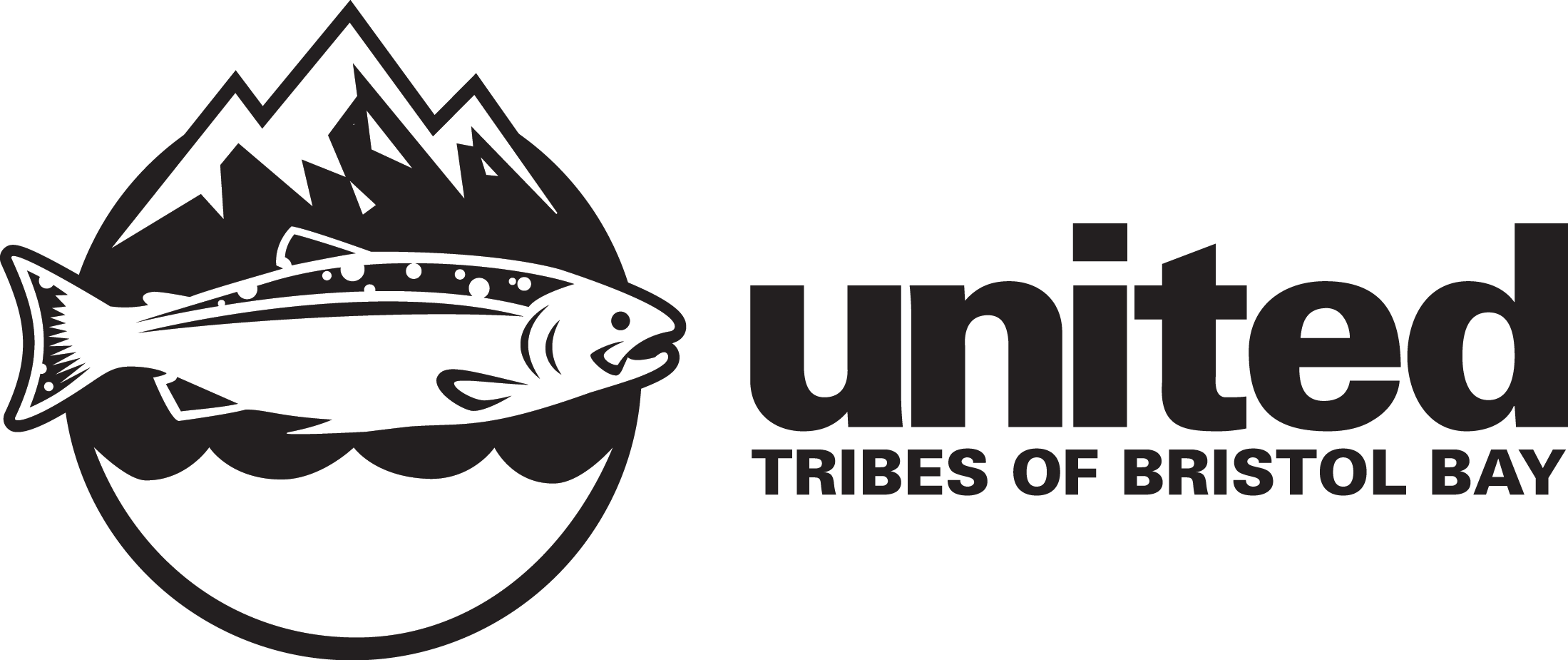Although the Pebble West deposit was discovered in the 1980s, the prospect of a mine at that site became a real threat when Northern Dynasty, a junior Canadian company, acquired the state leases to Pebble from Teck Cominco in 2001 and began pursuing a mine.
It became clear in the beginning that Northern Dynasty was willing to cut corners in initial exploration and land use activity at the mine site. The Pebble Partnership conducted work that affected mammals that once traversed the land and disregarded regulations, which led to waste material left on site, and even racked up state fines for unpermitted water withdrawals. As the partnership grew and gained financial support from additional companies, tribes took note that the foreign company was not acting as a responsible steward of the land. In response, Bristol Bay entities began passing formal resolutions opposing the proposed Pebble Mine. Nunamta Alukestai, the first regional organization to oppose the project, was formed in 2007 to represent the village corporations that opposed the project.
In 2010, six Tribes petitioned the EPA to provide permanent protections for the region by applying section 404(c) of Clean Water Act. The EPA responded by launching the Bristol Bay Watershed Assessment in 2011.
The wide-spread opposition did not go unnoticed. In 2011, Mitsubishi became the first big company to walk away from the project, followed by Anglo American (2013) and Rio Tinto (2014). At the same time, opposition was gaining traction; United Tribes of Bristol Bay was formed in 2013, marking the second local organization formed to work alongside fishing and environmental partners elsewhere in Alaska and the Lower 48 on protecting the region’s pristine land and water.
Meanwhile, the EPA’s peer-reviewed watershed assessment was published in 2014. It concluded that “the mining of the Pebble deposit at any of these sizes, even the smallest, could result in significant and unacceptable adverse effects on ecologically important streams, wetlands, lakes, and ponds and the fishery areas they support.” The proposed determination called for protections due to the uniqueness of the area that would prevent large-scale hard-rock mining at the headwaters of the watershed. During the comment periods that followed, more than a million Americans weighed in supporting the proposed protections for the region.
Unfortunately, that effort was stalled in court and the protections were never put in place. Pebble sued the EPA, delaying the process for several years. Ultimately, the science behind the Bristol Bay Watershed Assessment was upheld in a 2017 out-of-court settlement, but the agency’s ability to put protections into place was delayed. Pebble then filed its first development permit in late 2017, the 404 (c) Clean Water Act Dredge and Fill permit, kick starting the federal environmental review process.
From 2017 to 2020, the U.S. Army Corps of Engineers conducted a rushed and incomplete, environmental review process, publishing their final “Environmental Impact Statement” in July 2020. During this process, Bristol Bay residents and others submitted thousands of written comments detailing specific concerns with Pebble’s proposal. The Army Corps of Engineers also held two rounds of public meetings on the mine permit, during which the vast majority (more than 90 percent) of watershed residents, as well as other Alaskans and Americans, spoke against the project, outlining a wide-range of flaws & inconsistencies in the plan, and detrimental impacts it would have on the region’s lands, waters and people. Federal agencies and independent technical experts weighed in as well, concluding that Pebble’s proposal would irreparable harm Bristol Bay’s waters and people. Ultimately, the Army Corps denied the permit in November 2020. Pebble appealed that denial, and the decision is now being reviewed.
Bristol Bay Tribes and partners continue to work to protect the watershed, and in December 2020 launched “The Call to Protect Bristol Bay” a two-step proposal to provide permanent protections for our waters and all they sustain. The proposal calls for the Environmental Protection Agency to enact 404 (c) Clean Water Act protections for the watershed, and for legislation to provide further federal protection and permanently ban any toxic mine waste from the proposed Pebble Mine and large scale projects like it that would harm Bristol Bay rivers, lakes and wetlands.
In November 2021, the Environmental Protection Agency re-initiated the multi-step Clean Water Act Section 404(c) process for Bristol Bay. On May 26, 2022, EPA released a Revised Proposed Determination (RPD) outlining proposed protections and took public comment on their proposal through September 2022.
EPA’s Revised Proposed Determination has two separate but related components: a prohibition on mining discharges (dredge & fill materials) in the area Pebble proposed to mine in its 2020 application, and restrictions on mining discharges in a broader area of the headwaters. Bristol Bay Tribes expressed gratitude for the long-overdue step forward in EPA’s process but believe the scientific, administrative, and legal record support EPA finalizing stronger protections in the headwaters of Bristol Bay.
As of Fall 2022, the EPA is reviewing comments received on the revised Proposed Determination, and has a deadline of December 2 to either move forward with a recommended determination or withdraw the determination. See this handout for more on this process and stay tuned!
Learn more at:
EPA
Pebble Science


